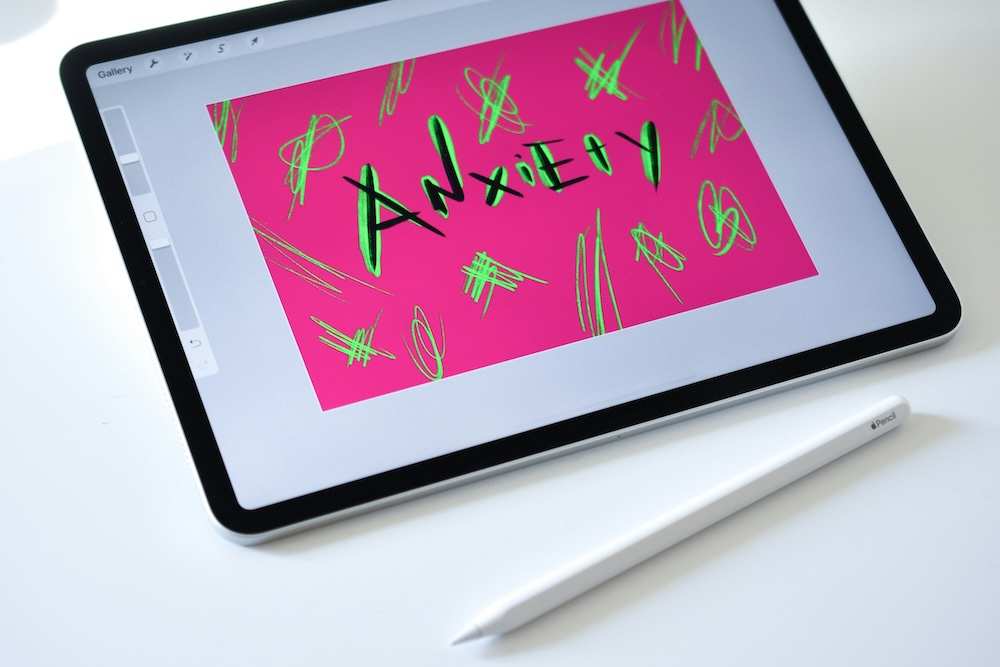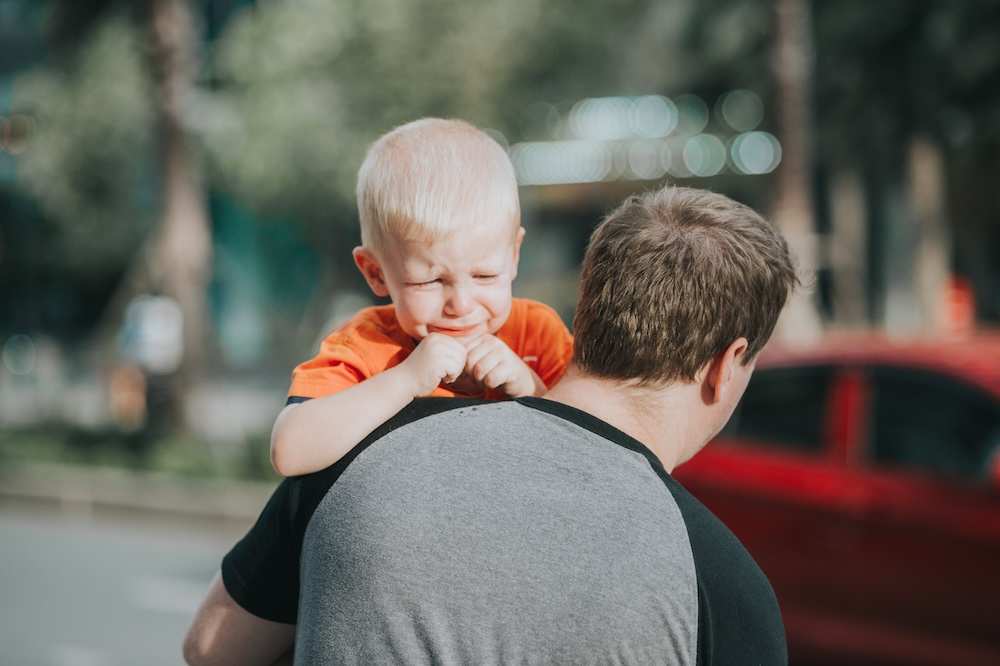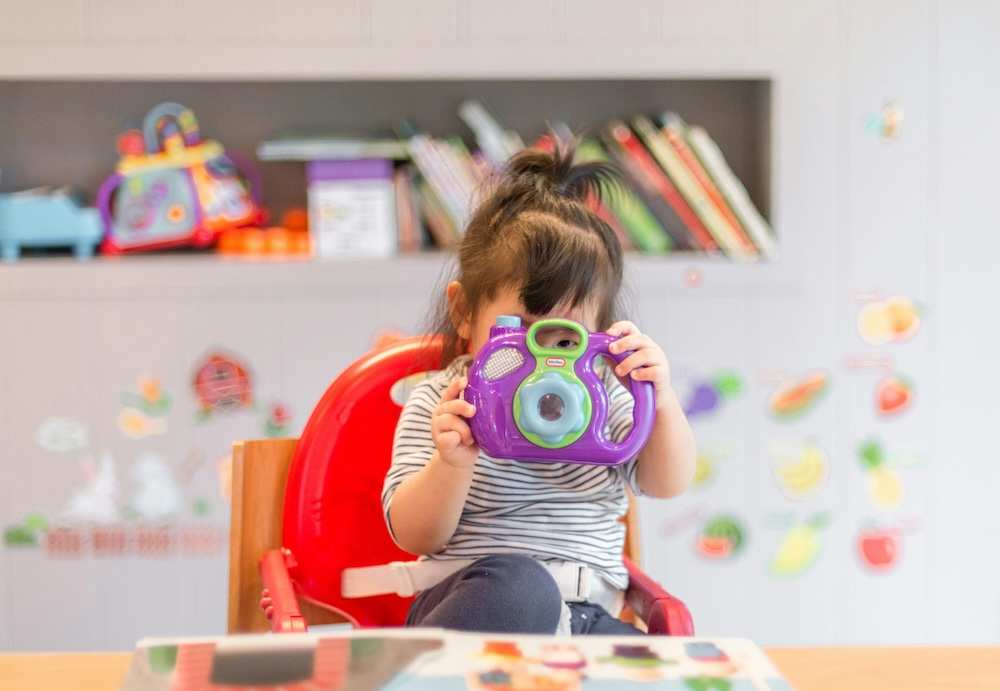
With all the months and years of being together for a long time, saying goodbye can be tough for your little ones. The idea of not seeing or being with you can cause worries and fear in your child, which results in minutes of holding on and crying.
Separation anxiety (sepanx) happens to most young children. It can be heartbreaking, but the need to separate for a little while is inevitable.
As parents, we do not want to see our kids suffering from separation anxiety. As much as we want to shelter them from the things that will upset them, we must understand the need to go through the process of leaving for them to do things on their own gradually.
How to Know if Your Child is Suffering from Separation Anxiety Issue

- Your kid gets sick easily when you are not around
- Your child is clingy every time you leave
- Your kid does not want to do anything without you
- Your child often cries a lot without seeing you
- Your kid becomes agitated when you try to say goodbye
Practical Ways to Manage, Ease Up and Deal with Separation Anxiety in your Children

There is no definite answer to how long separation anxiety lasts. It varies from one child to another, depending on their response. Fortunately, there are ways to help your toddler or gradeschooler cope with separation anxiety.
Create a Goodbye Routine
A quick kiss and a hug can be a reminder of your love and will soothe your child. It can also be a unique handshake or something you tell each other.
A goodbye routine helps in keeping the process short. It will also reassure your child that you are coming back.
Be Consistent with your Actions
Creating a consistent time for drop-offs can help comfort your child. When you stick to a schedule, your child will know what to expect and anticipate similar scenarios. It will make them feel secure and less anxious about what will happen.
Prepare in Advance

Anticipate separation anxiety, no matter when and where you leave your child. Doing so will help you prepare the things to comfort them, such as his favorite blankie or her favorite toys.
You can also set up activities that will entertain your child when it is time for you to leave. Try packing some coloring materials or other art materials.
Try to Make Separation More Often
Practice makes perfect. The first few moments of separating can be difficult. Continually doing it will create a habit for your child. You can try to drop them off once in a while in daycare centers, playhouses, or play dates with friends.
Keep your Promises
Never make any promise to your child if you cannot fulfill it. Every word you say to them is gold. So, if you promise to bring a cookie when you go back, make sure you have something on hand. Otherwise, it will only hurt your children and cause them to gradually lose trust and not believe in what you say.
Ask for Help from Teachers, Caregivers, or Loved Ones
It takes a village to raise a child. While we want to be the best parents for our children, asking for assistance from other people can also be a smart thing to do. Dropping your child off at school is easier if the teacher helps to calm your child.
It Does Not Stay Too Long!
Separation anxiety can be challenging. But, it can also be temporary. Take heart and have patience and understanding whenever your child goes through such anxiety when you leave. Consistency will help you get through the process.












